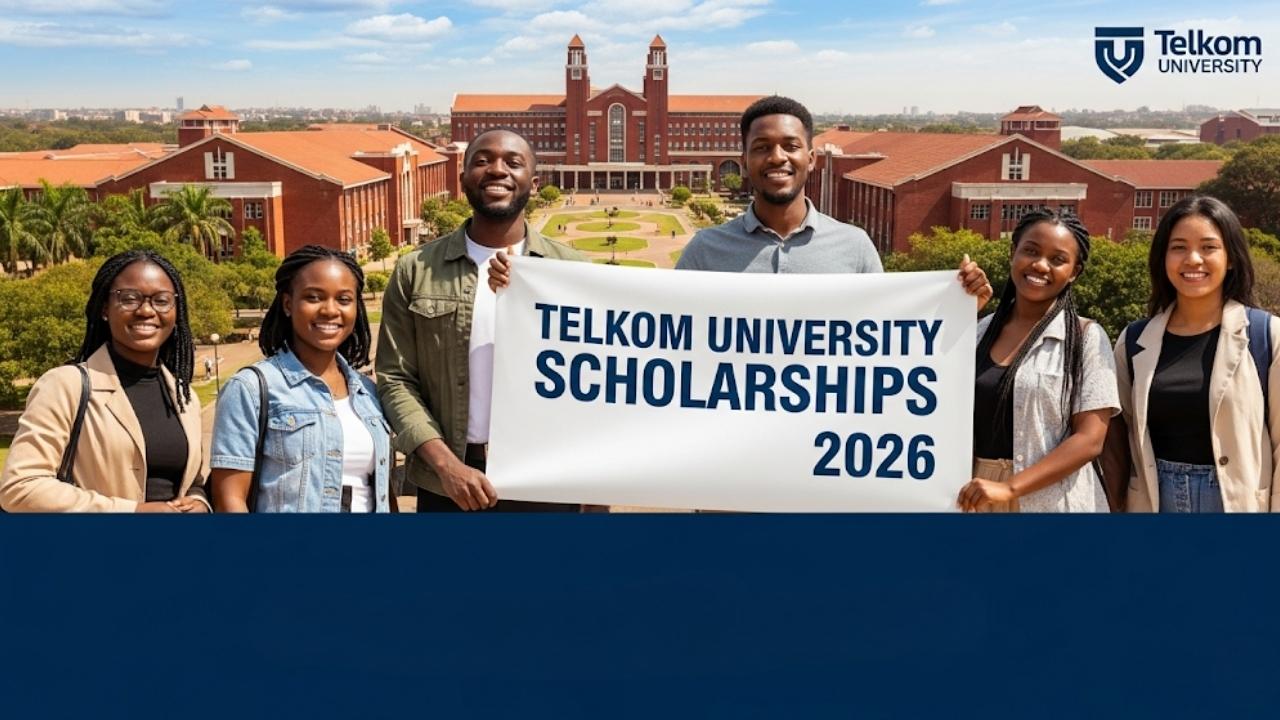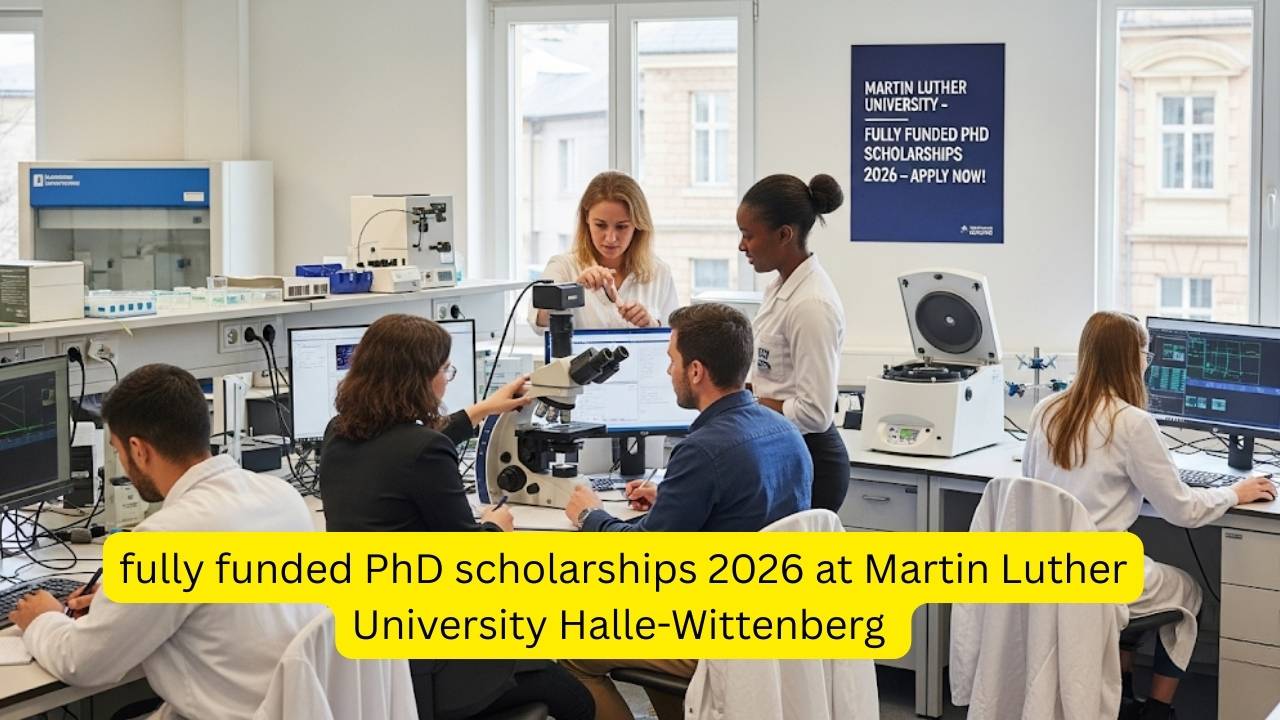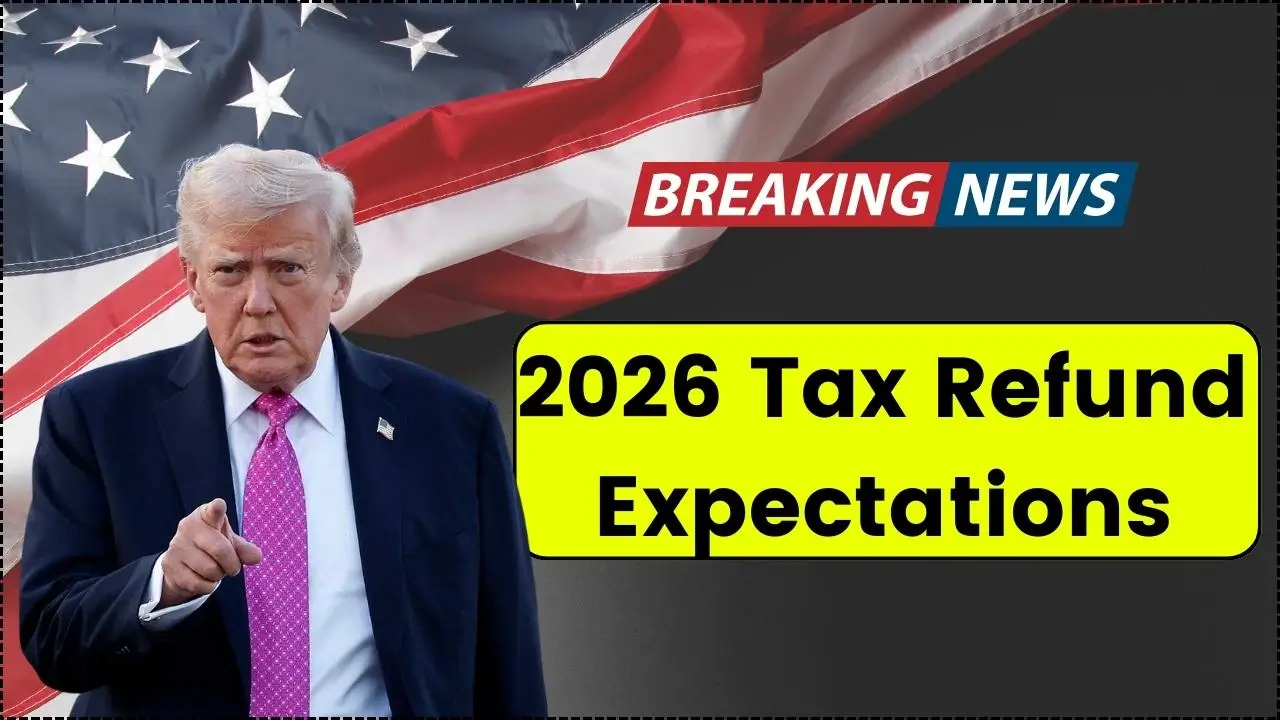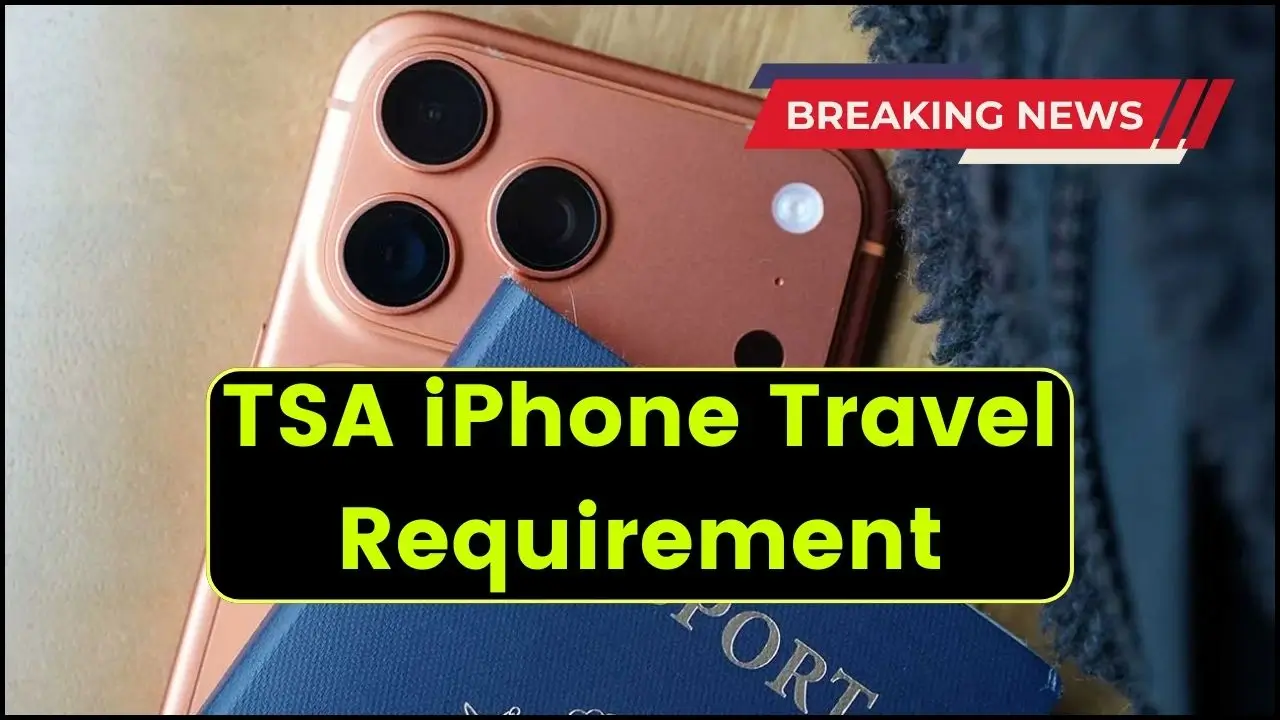The world’s oceans are vital to our planet’s health, and understanding them begins with the science of ocean color. If you’re a dedicated student or an early-career scientist from a developing country, the IOCCG Platt Scholarship 2026 offers a unique and transformative opportunity to advance your research and training in this critical field. This isn’t just about financial aid; it’s a launchpad for a career dedicated to protecting our marine environments. As someone who has watched countless talented researchers navigate this journey, I can tell you that a well-prepared, thoughtful application is your most powerful tool. This guide will help you understand every step, from eligibility to crafting a winning proposal, ensuring you’re ready to seize this remarkable chance.
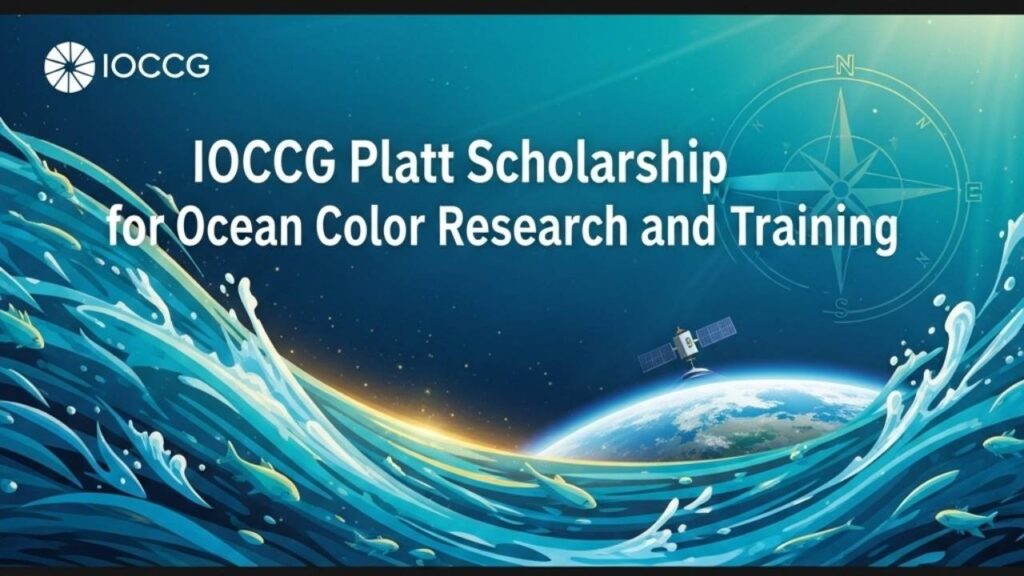
What is the IOCCG Platt Scholarship?
Named in honor of the late Dr. Trevor Platt, a pioneer in ocean color science, this prestigious scholarship is designed to empower a new generation of scientists. It provides a grant of up to USD $5,000 to cover travel expenses for a short-term visit (up to three months) to a foreign institution. The goal is to allow scholars to gain hands-on research experience or receive in-depth training in a new environment, broadening their skill set and fostering international collaboration.
IOCCG Platt Scholarship 2026
| Key Fact | Detail |
| Award Amount | Up to $5,000 USD |
| Duration of Visit | Up to 3 months IOCCG Website |
| Eligibility | Graduate students and early-career scientists (within 5 years of PhD) from eligible developing countries. SCOR Website |
| Application Period | Typically opens in August and closes in November. For 2026, the deadline is November 12, 2025. |
The path to a prestigious scholarship like the IOCCG Platt Scholarship may seem daunting, but it is entirely within reach for a dedicated and passionate individual. I’ve seen firsthand how a well-crafted application can open doors you never thought possible. Take the time to perfect every detail, from your budget to your personal statement. This is your chance to turn your vision for a better, healthier ocean into a reality. Start preparing now, reach out to potential hosts, and believe in the power of your research. The world’s oceans are waiting for you.
Who Should Apply: Are You a Potential Platt Scholar?
This scholarship is highly competitive, but the eligibility criteria are straightforward. It’s intended for graduate students and early-career scientists—specifically those who have received their Ph.D. within the last five years. A key requirement is being a national of an eligible developing country and residing there at the time of application.
The most important part of your profile, however, is your passion for ocean color research. Whether your focus is on satellite data, in-situ measurements, or modeling, the committee is looking for individuals who can clearly articulate how this scholarship will advance their work and, in turn, contribute to their home country’s scientific capacity. I’ve seen that successful applicants are not only experts in their field but also demonstrate a clear vision for how this unique experience will create a ripple effect, bringing knowledge and skills back to their home institutions.
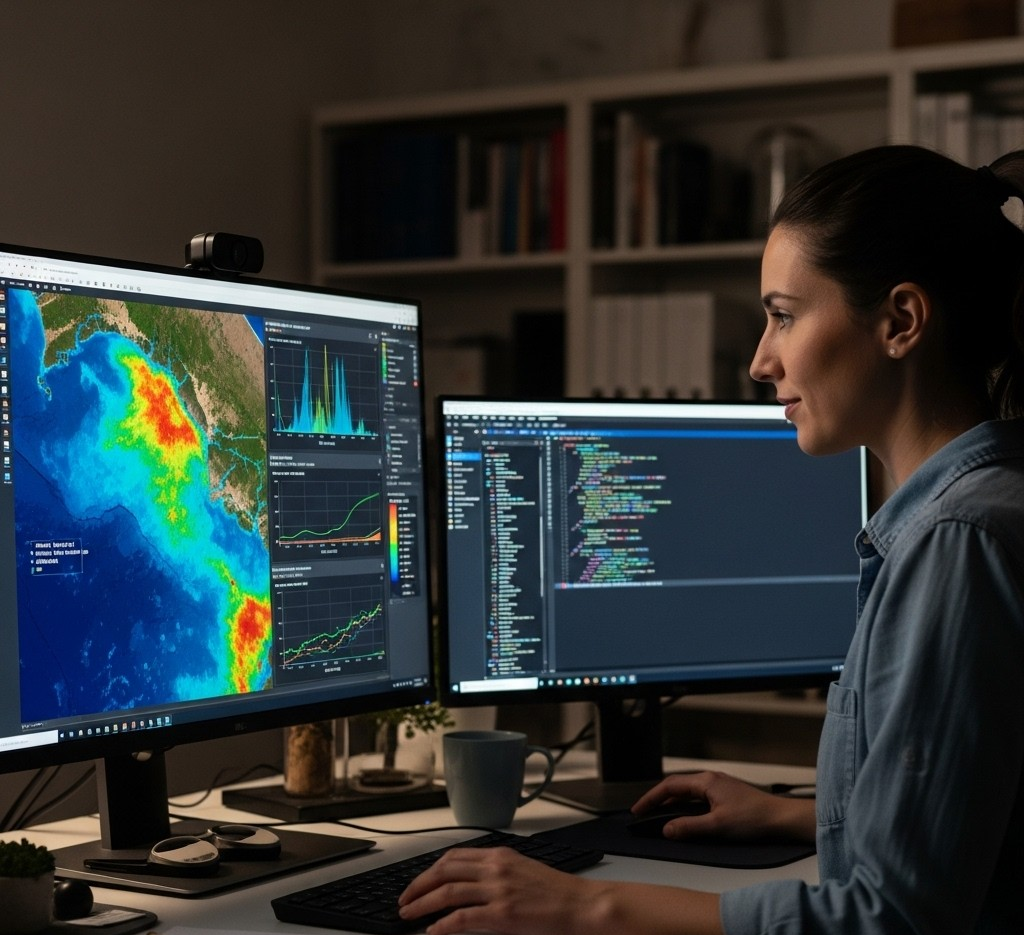
The Application Process: A Step-by-Step Guide
The application for the IOCCG Platt Scholarship is a detailed process that requires careful preparation. Starting early is not just a tip; it’s a necessity. The application window is open for a limited time, from August 12 to November 12, 2025, so you need to gather your documents well in advance.
- Identify a Host Institution: This is the most crucial step. You must identify a foreign institution and a host scientist willing to welcome you for your research or training. The IOCCG committee reviews applications based on the suitability of the host institute to accommodate your proposed work. This requires reaching out to potential hosts early, explaining your research goals, and securing their agreement and a letter of acceptance.
- Gather Your Documents: You’ll need several key items to complete the online application.
- Letters of Recommendation: A letter from your home supervisor and, importantly, a letter of acceptance and recommendation from your proposed host institution.
- Brief CV: A concise CV, no more than two pages, highlighting your academic background and research experience.
- Proposed Research/Training Description: This is the heart of your application. You must present a well-defined research problem or training plan, including a detailed approach and a clear justification of its scientific significance.
- Personal Statement: A one- to two-paragraph statement outlining your personal goals and how the scholarship will benefit you and your home institution.
- Detailed Budget: While the scholarship provides up to $5,000, your budget should be comprehensive. If your trip is estimated to cost more, you must show how you plan to cover the additional expenses.
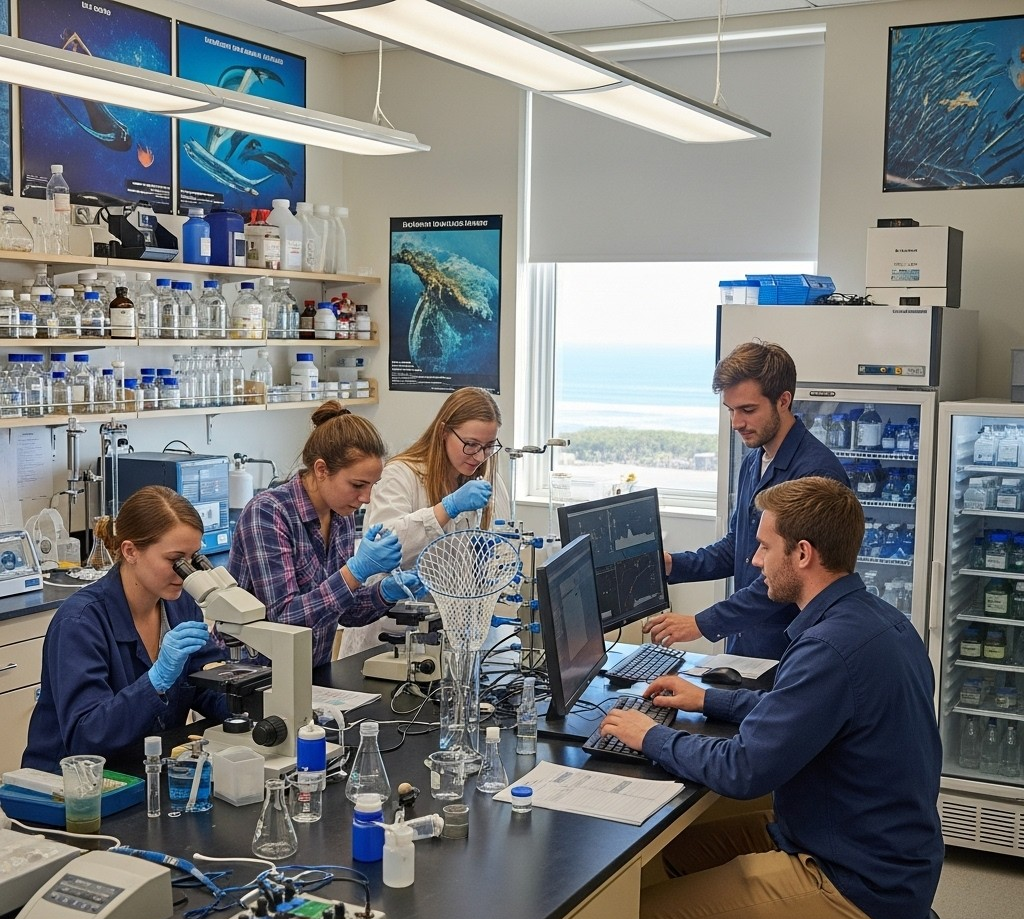
Crafting a Compelling Proposal: Standing Out from the Crowd
Your application is your story. The committee wants to see not just your academic credentials, but your passion and potential. Here are some tips for making your application shine:
- Focus on Impact: Don’t just list what you want to learn. Explain why it matters. How will this new skill or research finding benefit your community, your institution, or the broader field of ocean color science in your region? Show the “multiplier effect” of your training.
- Be Specific: Vague language won’t cut it. Instead of saying, “I want to learn about ocean data,” be specific: “I will receive hands-on training on the validation of satellite ocean color products using in-situ radiometric measurements to improve regional algorithms.”
- Show, Don’t Just Tell: In your personal statement, provide concrete examples. For instance, describe a specific challenge you’ve faced in your research and how the skills you’ll gain from this scholarship will help you overcome it.
From Scholar to Leader: The Long-Term Vision
The IOCCG Platt Scholarship is more than a short-term visit; it’s a long-term investment in your career and the future of ocean science. Past scholars have spoken of the immense value of collaborating with global experts, which not only boosts their skills and confidence but also forges connections that lead to future projects and publications. One recent recipient, David González Rivas, highlighted the collaborative and enriching nature of his experience, noting how he was welcomed into a new team and given opportunities to participate in sampling and training sessions. This type of collaborative engagement is what the scholarship is all about.
A successful awardee is expected to provide a brief report after their visit, detailing the scientific successes and how the experience benefited them. Additionally, scholars are encouraged to present the outcomes of their work at a relevant conference, such as the International Ocean Colour Science Meeting (IOCS). This final step provides a platform for you to share your findings with the international community, cementing your role as a global contributor to the field.
Your Guide to the International Talent Scholarship 2026 at the University of Real World
DAAD Research Grants 2026: Your Essential Guide to a Fully Funded Research Career in Germany
FAQ
Q1: What is the IOCCG?
A: The International Ocean Colour Coordinating Group (IOCCG) is an international committee of experts from national space agencies and the ocean color user community. It works to promote the development and application of remote sensing of ocean color across all aquatic environments.
Q2: What are the main criteria for scholarship evaluation?
A: Applications are evaluated based on the academic background of the candidate, the scientific merit and robustness of the proposed research or training plan, the depth of understanding of the topic, and the expected impact on the candidate and their home institution.
Q3: How do I find a host institution?
A: It is your responsibility to identify a suitable host. You can start by researching institutions and scientists whose work aligns with your research interests. Reaching out with a professional email, including your CV and a brief summary of your proposal, is a great first step.
Q4: Can I apply if my research is not directly related to ocean color?
A: The scholarship is specifically for projects related to “ocean optics and ocean colour research and applications.” Your proposal must demonstrate a clear and direct link to this field to be considered.



